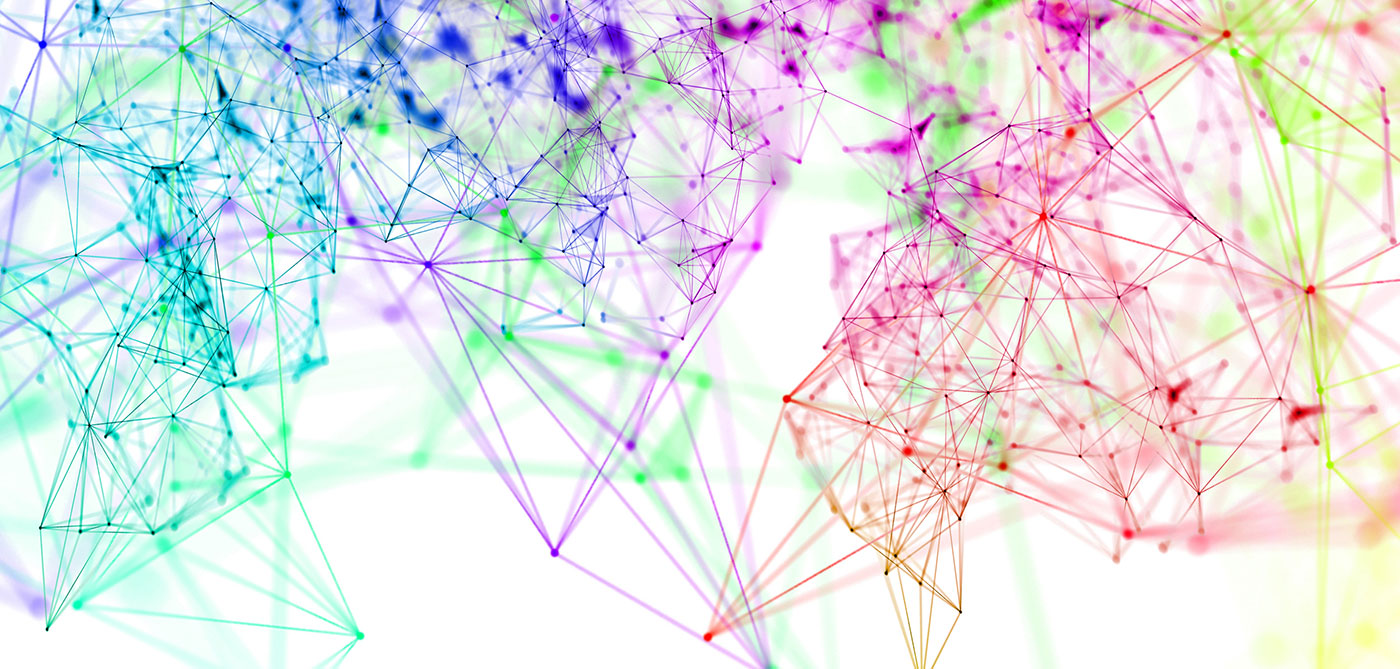Diversity is a Given: Inclusion should also be!

Diversity is a Given: Inclusion should also be!
Everyone is different. But some differences are accepted and fall within the “norm” while other types of “different” result in the person having less access to resources, education, even happiness, or end up with them being bullied or worse. Acceptance of diversity is not only important from an individual perspective, it is also crucial to advance science and technology. Diversity in background, personality, and disciplinary training complement one another and foster larger scientific advancements. It can also help with other issues, preventing, for instance, applications or technology that will inadvertently exclude certain groups in our society, e.g., current state-of-the-art speech recognition systems have trouble recognising speech from children or speakers with (strong) accents, and some AI tools have trouble identifying people from some ethnicities.
To allow for everyone to feel welcome and accepted at IEEE SPS, academia, or even more broadly society, visibility of diversity is of the utmost importance. Visibility of diversity allows one to “recognise” oneself in others. This supports the belief that everyone can be oneself and belong to our wherever they want. It is, therefore, our responsibility as researchers to lead by example. To be open, to be our authentic selves, and by doing so create an inclusive and inclusion-sensitive work environment where everyone is welcome. Here, “inclusion-sensitive environment” means a positive and reflective environment, where everyone works towards reducing unconscious biases and is aware of one’s responsibilities and actively encourages an open, diverse, and inclusive work environment.
Moving in the direction of creating a positive environment for everyone, IEEE SPS offers a variety of programs for people from minority groups, and organises events where like-minded people can find each other. For instance, this year, for the first time, an LGBTQI+ event was organised during ICASSP 2023 at Rhodes Island, Greece. This unofficial-ICASSP social event took place on Thursday June 8 in the old town of Rhodes City. The social gathering attracted 58 people from all areas of signal processing, and from different academic levels: from MSc students up to associate professors, and members of the IEEE SPS staff. Together we enjoyed good conversations with lots of laughter, in a relaxing atmosphere. Overall, the event was well-appreciated by the attendees, several of whom expressed great joy that an LGTBQI+ event was finally organised. A small group of attendees even continued the fun evening in a local pub after the event ended. And more importantly: new friends were made!
Another recent program that started 1.5 years ago is the Mentoring Events for Underrepresented Young Researchers (ME-UYR). This program, which will soon run for its second installment, provides mentoring experiences in the form of a 9-month collaboration for young researchers from underrepresented groups together with an established researcher in signal processing from a different institute, and typically another country. The young researcher also receives funding to attend a conference and visit their mentor’s laboratory during the project. The goal of ME-UYR is to increase (gender, underrepresented minority groups, and geographical) diversity in signal processing in general by attracting and retaining more young non-male researchers and researchers from other underrepresented minority groups (at the undergraduate and graduate level) in signal processing areas.
The PROGRESS (PROmotinG DiveRsity in Signal ProcESSing) initiative of IEEE SPS has been running since 2020. The PROGRESS initiative focuses on providing support and mentoring for women and underrepresented minorities, creating a more welcoming and inclusive environment. It intends to encourage members of such minorities to pursue academic careers in our field and to play active roles in developing and implementing policies to promote inclusivity and diversity. The PROGRESS Workshop is organised as part of the IEEE SPS flagship conferences.
Not only in the organisation of programs and events is IEEE SPS making our society more appreciative of diversity. Where in the past, workshop and conference venues have been selected which could be harmful for minorities or out-right exclude their participation (such as countries with anti-LGBTQI+ and misogyny-enabling laws), IEEE SPS recently put into place a new policy for selecting workshop and conference venues that takes into consideration whether the country or venue could be harmful for minorities within IEEE SPS. While it is unlikely to find locations where everyone is and feels welcome, this new policy shows IEEE SPS’s awareness of its diversity of members.
Diversity is a given. Inclusion is not, but it should be and can be. IEEE SPS is making steps in increasing diversity and visibility of diversity; however, inclusion is the responsibility of all of us. A crucial first step is treating each other respectfully, irrespective of the person’s traits, background, etc.
(Click to the right of the photo(s) below to scroll)

